According to the draft Decree, specialized training for diplomas in the health sector is a type of training for people who have been awarded doctor, pharmacist, or bachelor degrees in the health sector to gain knowledge, skills, autonomy, and responsibility. At the same time, they have professional qualities and capabilities.
8 specialties, training time from 2-3 years
There are 8 specialties including specialist doctors (in the fields of medicine, dentistry, traditional medicine, preventive medicine); specialist pharmacists; specialist nurses; specialist midwives; specialist medical technicians; specialist clinical nutritionists; specialist clinical psychologists and specialist outpatient emergency services.
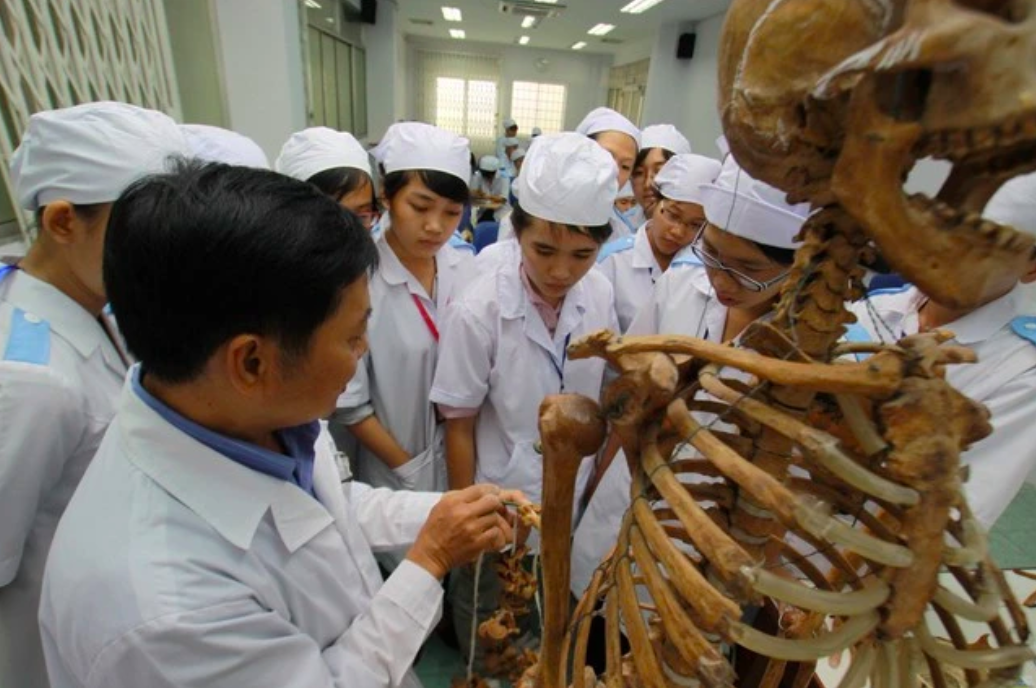
The medical specialist degree is recognized as equivalent to level 8 - the highest level in the Vietnamese National Qualifications Framework.
Specialized training is conducted in a full-time or part-time manner. For specialized doctors and pharmacists, a minimum of 90 credits, equivalent to at least 3 years of study, must be completed. For other specialties, a minimum of 60 credits, equivalent to at least 2 years of study, must be completed.
The training program can be developed, assessed and issued by the training institution or use the training program of another training institution that has been assigned to train by the Ministry of Health or has been inspected and is still valid, provided that the institution agrees in writing and must meet the specialized training program standards as prescribed.
Regulations on tuition fees
Regarding tuition fees, the ceiling for specialized training courses is determined by the ceiling for regular university training fees stipulated in Decree 81 multiplied by a coefficient of 1.5 for specialized training in nursing, midwifery, medical technology, clinical nutrition, clinical psychology, and out-of-hospital emergency; multiplied by a coefficient of 2.5 for specialized doctors and specialized pharmacists of each academic year according to the levels of autonomy.
Tuition fees for part-time training are determined based on actual reasonable costs, with fees not exceeding 150% of the tuition fees for the corresponding regular training system.
Non-public higher education institutions have the right to proactively set tuition fees to ensure cost recovery and reasonable accumulation, accountability, and transparency to learners, and the tuition fee increase rate of the following year must not exceed 15% compared to the previous year.
Also according to the draft Decree, people with medical degrees, pharmacist degrees, nursing degrees, midwifery degrees, medical technology degrees, clinical nutrition degrees, clinical psychology degrees, and outpatient emergency degrees will be recognized as having a level equivalent to level 7 according to the Vietnamese National Qualifications Framework.
Meanwhile, people with a degree in medical specialist or medical specialist are recognized as having a level equivalent to level 8 - the highest level in the Vietnamese National Qualifications Framework.
How is the new draft decree different from the old decree?
Previously, the Decree regulating specialized training in the health sector in 2019 stipulated that specialized training for the entrance majors of medicine and dentistry has two systems: residency and concentration.
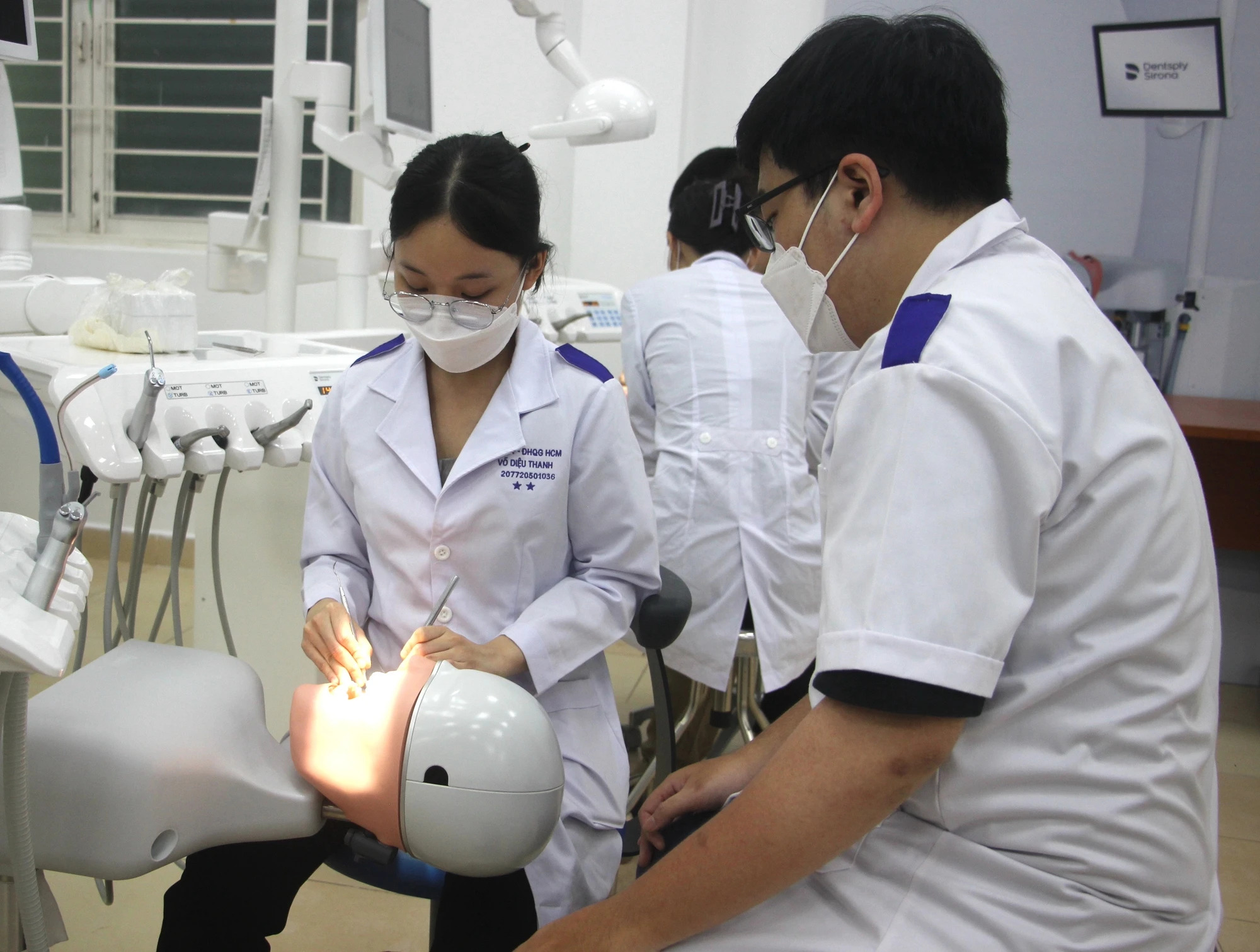
Medical students in practice
The boarding system has a minimum study load of 120 credits corresponding to 4 years of concentrated study, including the practice process to register for a practice certificate and graduation thesis.
For the full-time system, the minimum study load is 90 credits corresponding to 3 years of full-time study for those who have a practice certificate, including a graduation thesis; the minimum study load is 120 credits corresponding to 4 years of full-time study for those who do not have a practice certificate, including a graduation thesis.
Specialized training for the remaining majors has a minimum study load of 15 credits corresponding to 6 months of concentrated study.
Regarding the national qualifications framework, the 2019 Decree stipulates that health sector learners who complete at least 120 credits equivalent to 4 years of study and meet the output standard requirements of level 6 will be equivalent to level 6 of the Vietnamese National Qualifications Framework.
People who have completed the level 6 medical, dental and pharmaceutical training program and have been awarded a bachelor's degree, have studied a minimum of 60 credits and met the output standards of level 7 recognized as equivalent to level 7 in the National Qualifications Framework, are awarded a doctor's degree (medicine, dentistry) and a pharmacist's degree (pharmacy).
People who complete level 6 training programs in nursing, midwifery, public health, nutrition, medical engineering and other fields in the health sector, study a minimum of 60 credits and meet the output standards of level 7, are also recognized as equivalent to level 7 in the National Qualifications Framework, and are awarded a specialist or advanced specialist degree.
People who have completed a level 7 program (with a minimum of 60 credits and have been awarded a doctor, pharmacist or specialist or advanced specialist degree in the corresponding field), and studied a training program equivalent to level 8 (specialist or advanced specialist) with a minimum of 60 credits will be awarded a specialist or advanced specialist degree.
Thus, the university education levels in health training in the old decree have different regulations compared to the new decree, when specialized doctors and specialized pharmacists are recognized as equivalent to level 8; the remaining specialties such as nursing, midwifery, medical engineering... are only equivalent to level 7 in the Vietnam National Qualifications Framework.
Source link

































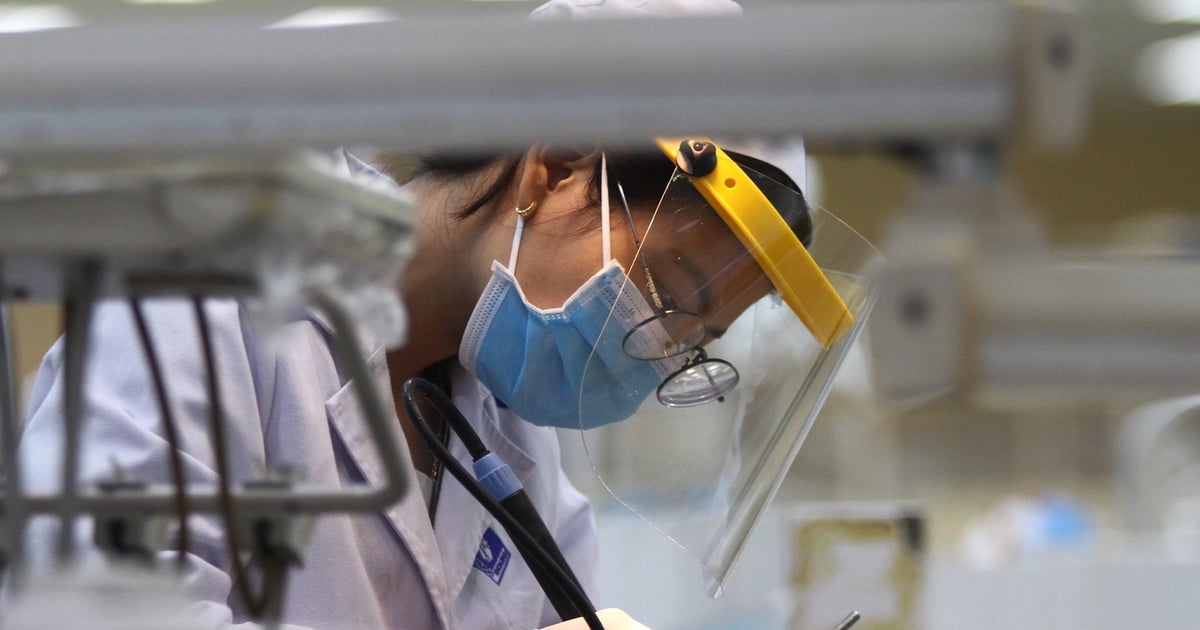


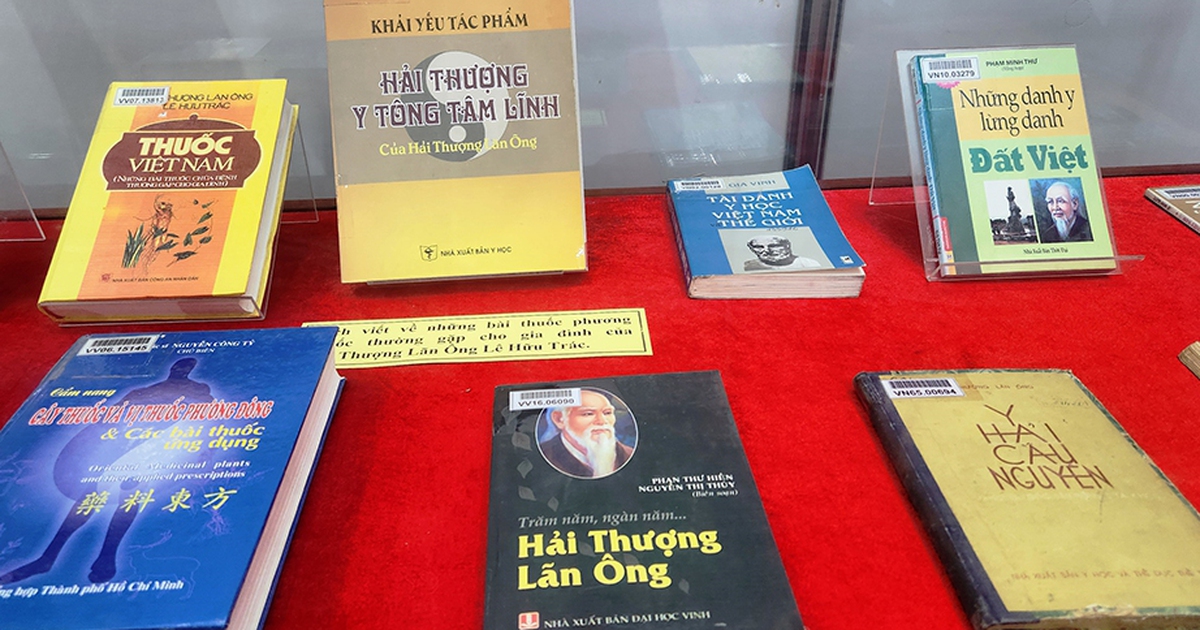
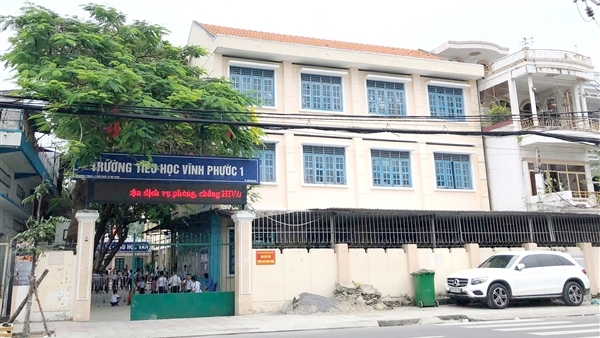





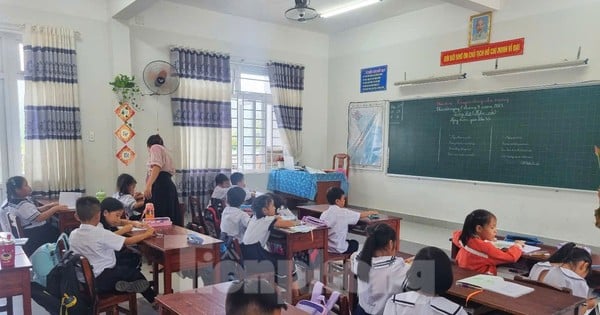

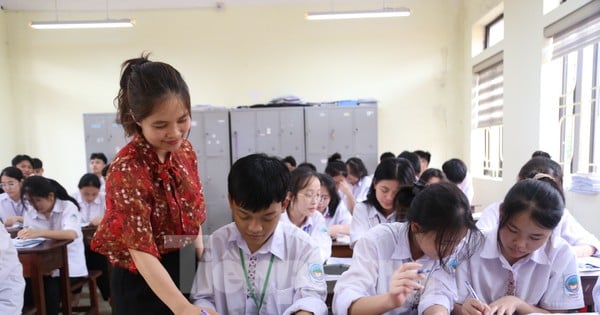

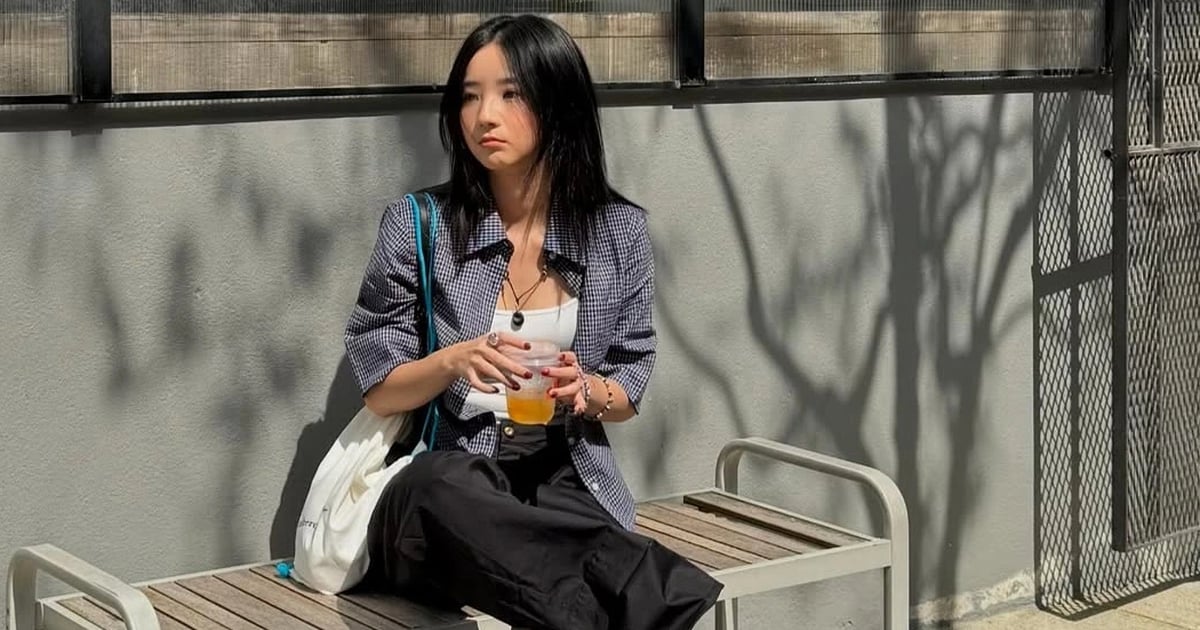



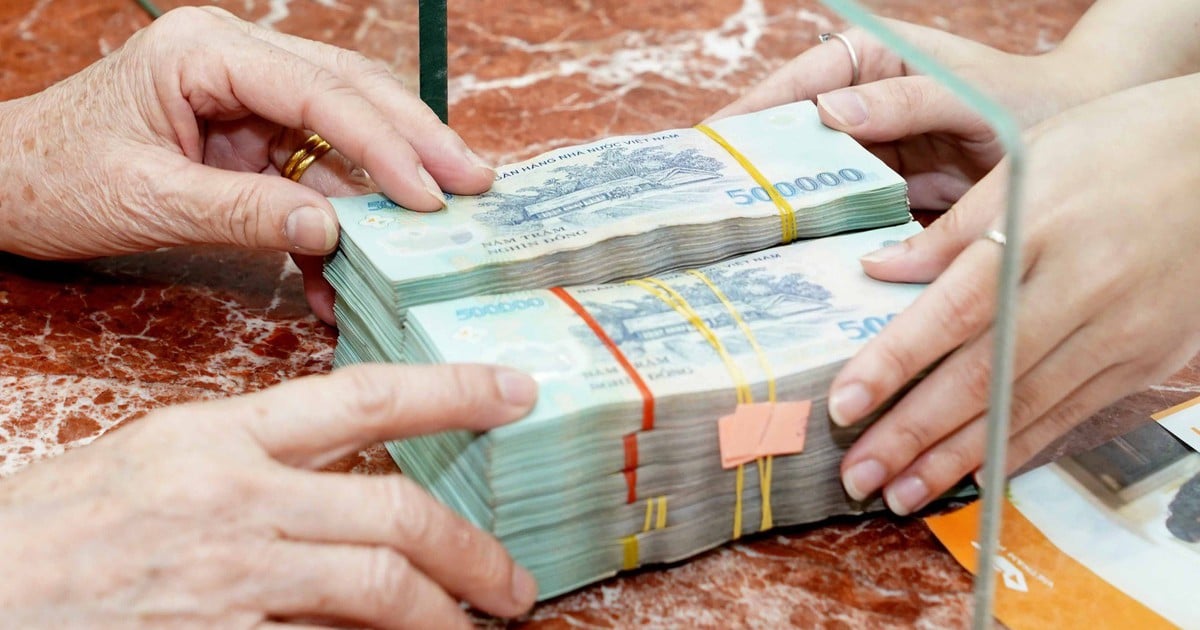













Comment (0)